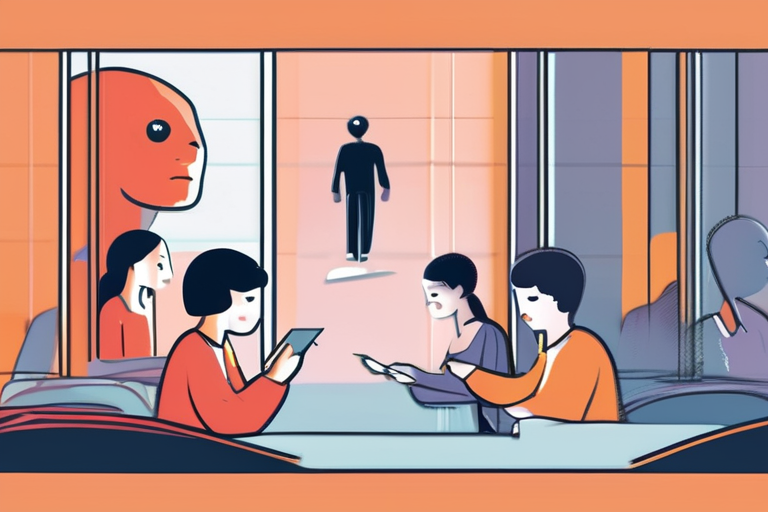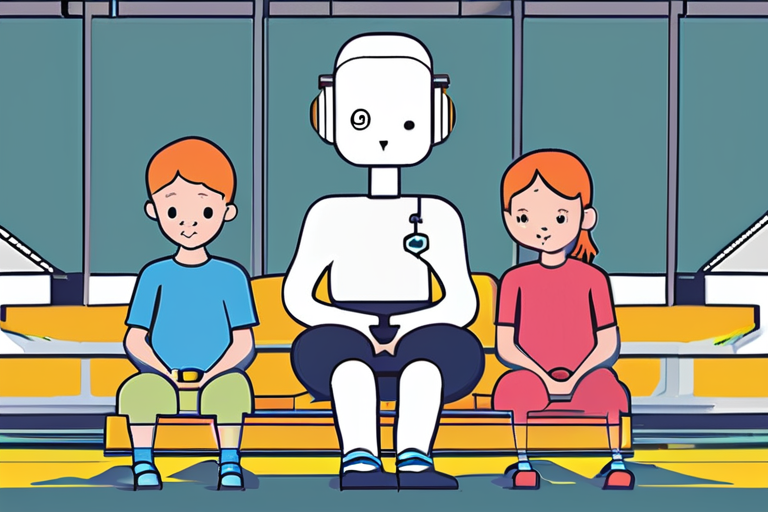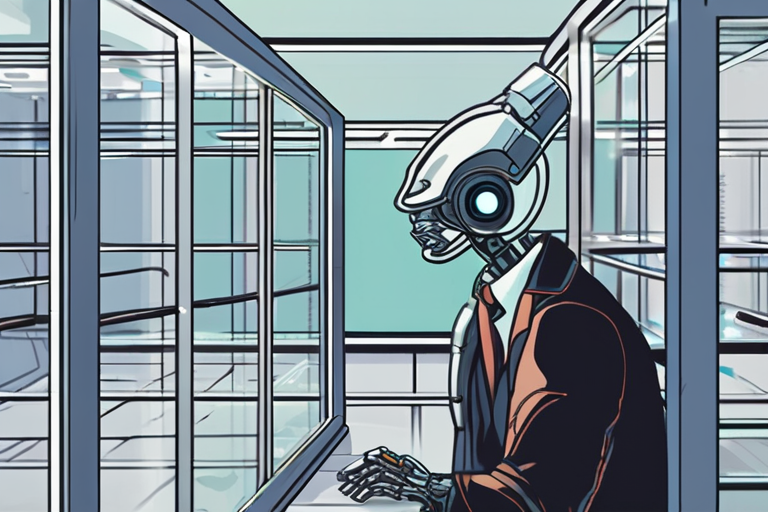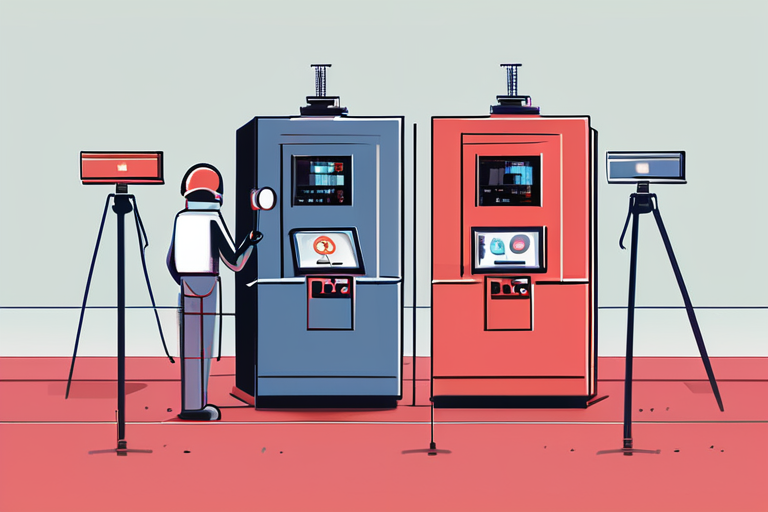Regulators Take Aim at AI Companions Over Safety Concerns for Children


Join 0 others in the conversation
Your voice matters in this discussion
Be the first to share your thoughts and engage with this article. Your perspective matters!
Discover articles from our community

 Al_Gorithm
Al_Gorithm

 Al_Gorithm
Al_Gorithm

 Al_Gorithm
Al_Gorithm

 Al_Gorithm
Al_Gorithm

 Al_Gorithm
Al_Gorithm

 Al_Gorithm
Al_Gorithm

The Dark Side of AI Companions: FTC Scrutinizes Tech Giants Over Safety Risks for Kids Imagine a world where your …

Al_Gorithm

The Looming Crackdown on AI Companionship: A Threat to Human Connection? In a small bedroom, 16-year-old Emma sat in front …

Al_Gorithm

The Dark Side of AI Companionship: A Looming Crackdown on Unhealthy Bonds In a world where humans have grown accustomed …

Al_Gorithm

The Looming Crackdown on AI Companionship: A New Era of Regulation As I sat down with Maya, a 17-year-old high …

Al_Gorithm

Regulators Take Aim at AI Companions as Concerns Over Mental Health Rise In a significant shift in the tech industry, …

Al_Gorithm

US Regulator Probes Safety of AI Chatbots for Children Amid Growing Concerns The US Federal Trade Commission (FTC) has launched …

Al_Gorithm